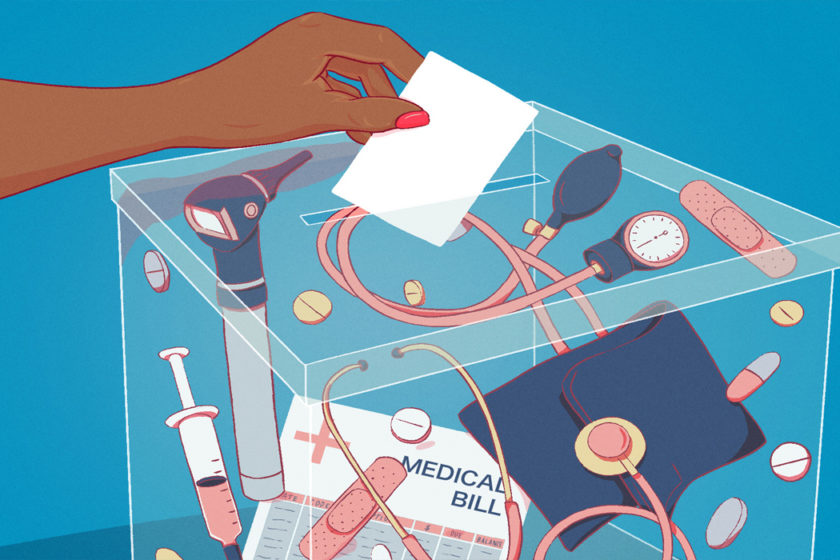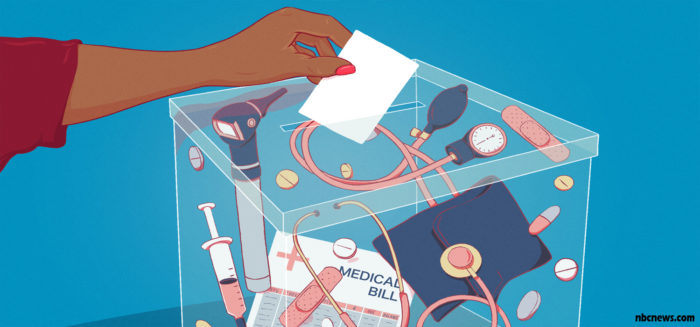Pre-Existing Medical Conditions – Will Insurance Protect You?

Too often, people don’t realize the perils of trying to get insurance having a pre-existing medical condition. It can be a challenge to help keep the policy that you already have, not to mention find new coverage that can provide you with the protection that you just need. Health insurance is not as forgiving as many people would want to think, and so they certainly shouldn’t offer insurance to somebody who will, in reality, use it consistently. Insurance companies certainly are a tiny bit complicated and hard to be aware of concerning preexisting conditions.
The belief that many insurance firms don’t benefit pre-existing medical conditions is they dislike danger. Typically, an insurer bases its approval and premium on the risk level of an insured customer. If a person is a and the higher chances, they’ll pay more in insurance fees. If a person is a really low risk, their costs … Continue Reading >>>

















